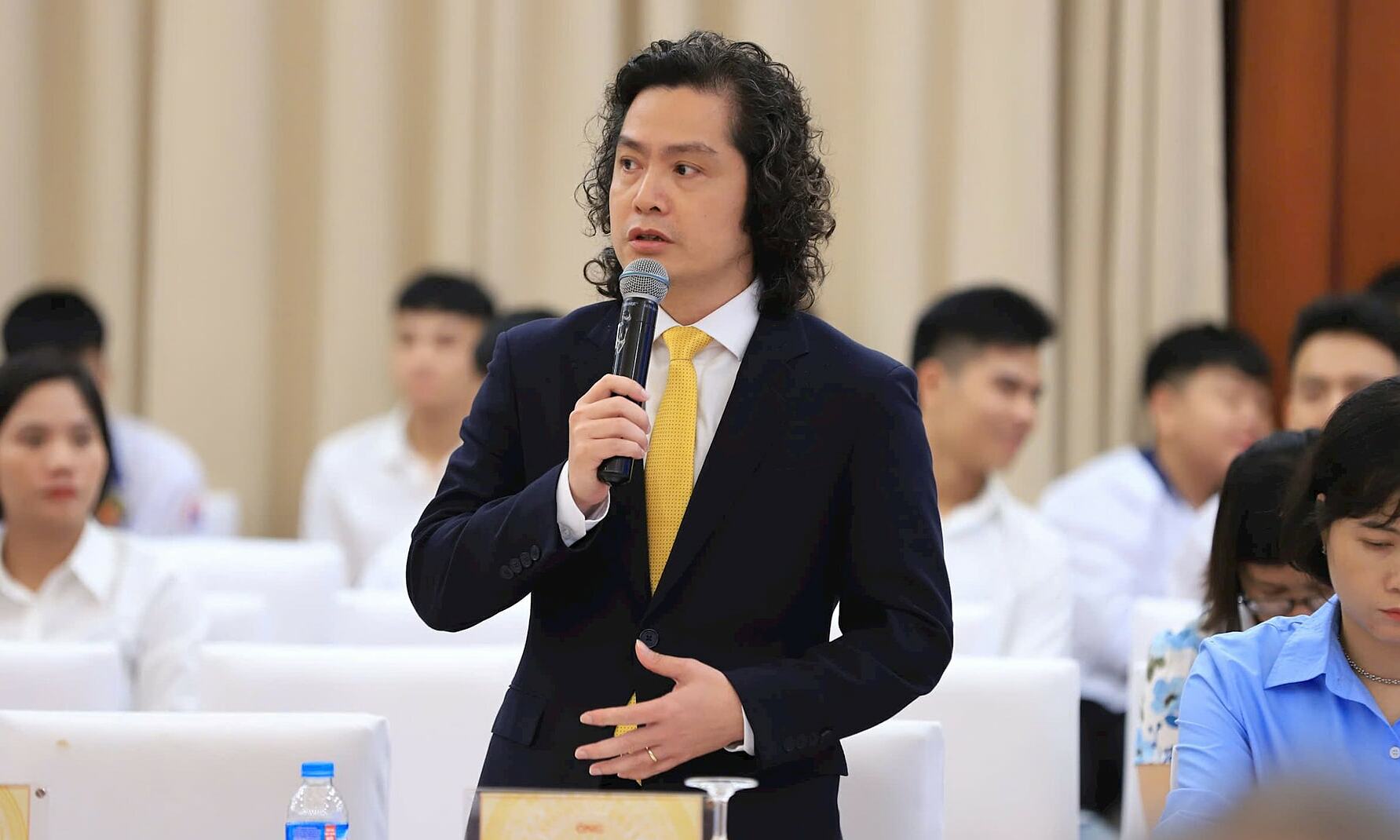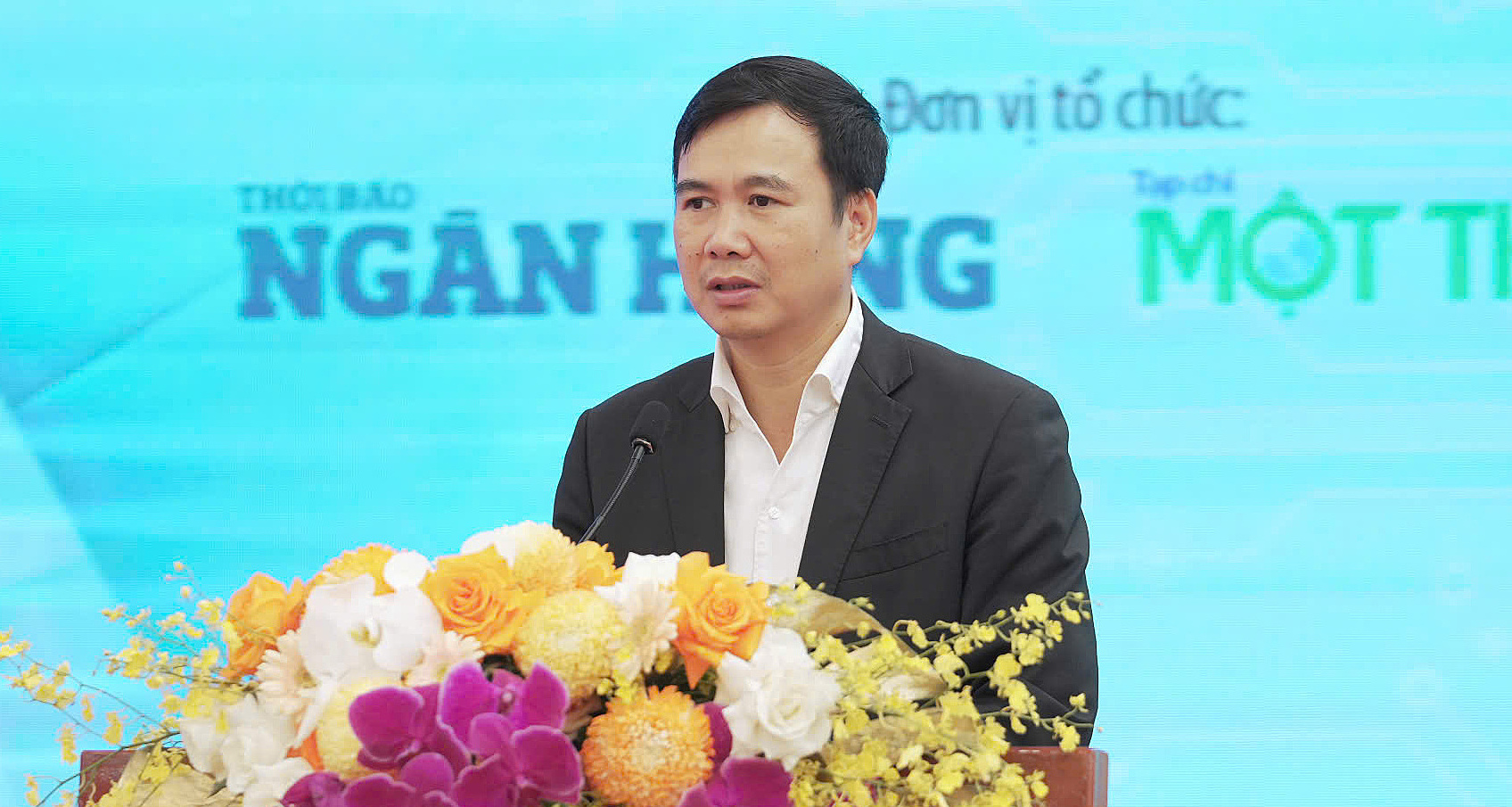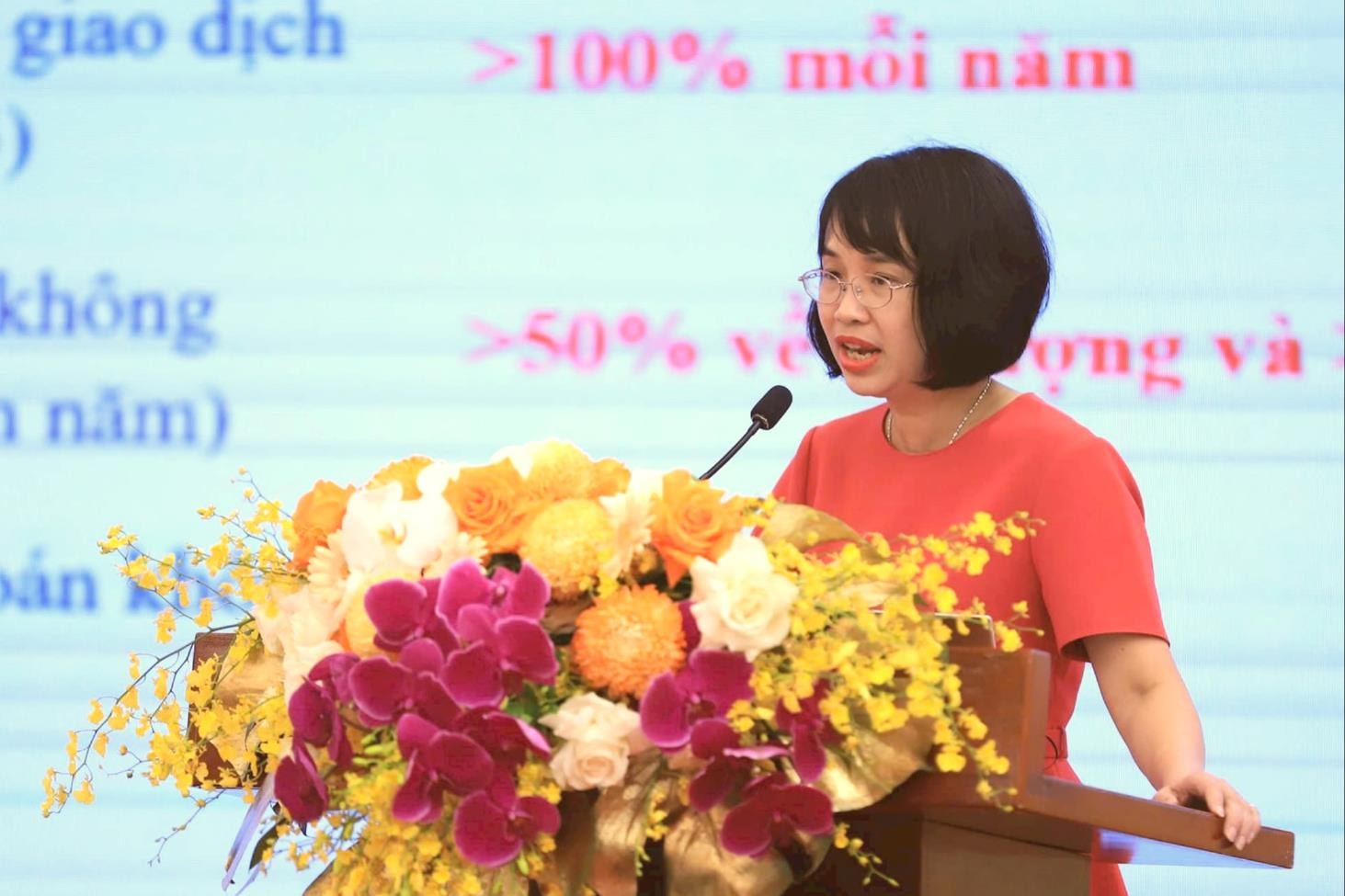LPBank saw the most significant personnel changes in the first quarter of the year, reducing its workforce by over 1,600 employees to 9,570. However, after the downsizing, the average monthly income of employees increased significantly from 22.8 million to 24.6 million VND.
At the Banking Human Resources Forum on July 16, Duc, also LPBank's chief information officer, addressed the industry's current difficulty: a shortage of personnel proficient in both finance and technology.
He explained that while many banks are investing heavily in digital transformation, humans still play a key role in decision-making and technology implementation. However, banks lack a workforce skilled in both areas.
Duc noted that while there are numerous economics graduates, they often lack the required technological depth.
Ineffective recruitment practices also contribute to the shortage, with hasty processes leading to exaggerated resumes and a lack of thorough vetting.
Retaining talent, especially senior leaders, is the biggest challenge, according to Duc. He pointed out that substantial investments in digital transformation and IT lead to internal complexities.
Furthermore, many talented individuals with strong personalities lack opportunities for expression. "Banks often have many products launched at a rapid pace. This can lead to mistakes that are difficult to rectify, hindering their creativity," Duc analyzed.
 |
Luu Danh Duc, deputy general director of LPBank, speaking at the forum on 16/7. Photo: BTC. |
Ngo Lan, director of Navigos Research North, a recruitment firm, agreed that the banking sector lacks quality personnel. While banks have reduced staff, they continue to recruit for sales, marketing, and technology roles, where talent is scarce.
Lan shared that banks have recruited from universities like FPT University, Bach Khoa University, and international institutions. However, technology professionals often lack business acumen.
Bui The Duy, deputy minister of science and technology, suggested universities adapt their curricula to be more practical. "Transaction staff who previously handled business operations now need to resolve software issues like incorrect transfers and fraud," Duy said.
 |
Bui The Duy, deputy minister of science and technology, speaking at the forum on 16/7. Photo: BTC |
He emphasized that to handle these tasks, recent graduates entering the banking sector must be knowledgeable about security, technology, and digital systems to advise customers. Basic financial and business operations will require additional skills in artificial intelligence. IT staff in banks need to update their knowledge on new platforms like blockchain and AI.
Duy noted that technology is constantly evolving, with new products emerging every six months to a year. Therefore, technology training must be continuous.
Preparing personnel through education was a solution discussed by the speakers. Associate professor Pham Thi Hoang Anh, deputy director of the Banking Academy, said the institution has made changes to its curriculum. In addition to teaching students, the academy offers short-term technology courses for experienced bank employees, contributing to the digital transformation process.
 |
Associate professor Pham Thi Hoang Anh, deputy director of the Banking Academy, speaking at the forum on 16/7. Photo: BTC. |
To better train technology personnel for the banking industry, Hoang Anh proposed that regulatory bodies issue a digital competency framework based on job positions. She also recommended increased collaboration in science and technology between the State Bank, training institutions, and financial institutions.
The Banking Academy also seeks support from the State Bank to enhance training, develop standard criteria, and provide students with more practical experience.
Associate professor Dang Ngoc Duc, director of the Institute of Financial Technology at Dai Nam University, suggested the government prioritize Fintech personnel training. For instance, offering 100% scholarships to students in this field could attract talent.
He also proposed reducing administrative procedures, such as regulations on the number of PhDs required to open new programs. He noted that while the banking sector has many financial graduates and experts, they lack technological knowledge, and vice versa. "By offering dual degrees in just 9 months, we can address both the quantity and quality of human resources without incurring new recruitment costs, disruptions, or staff reductions," Duc stated.
Trong Hieu












